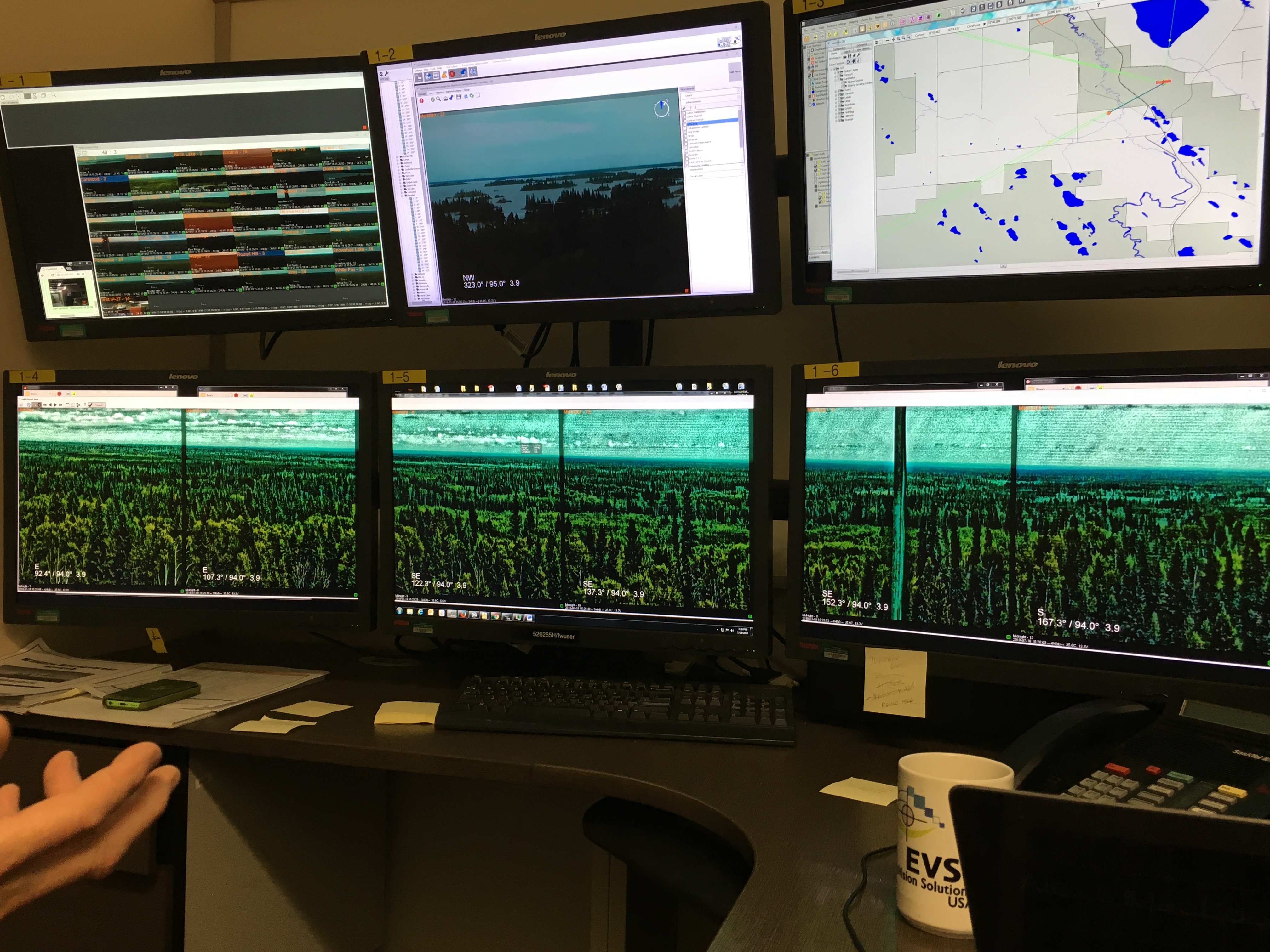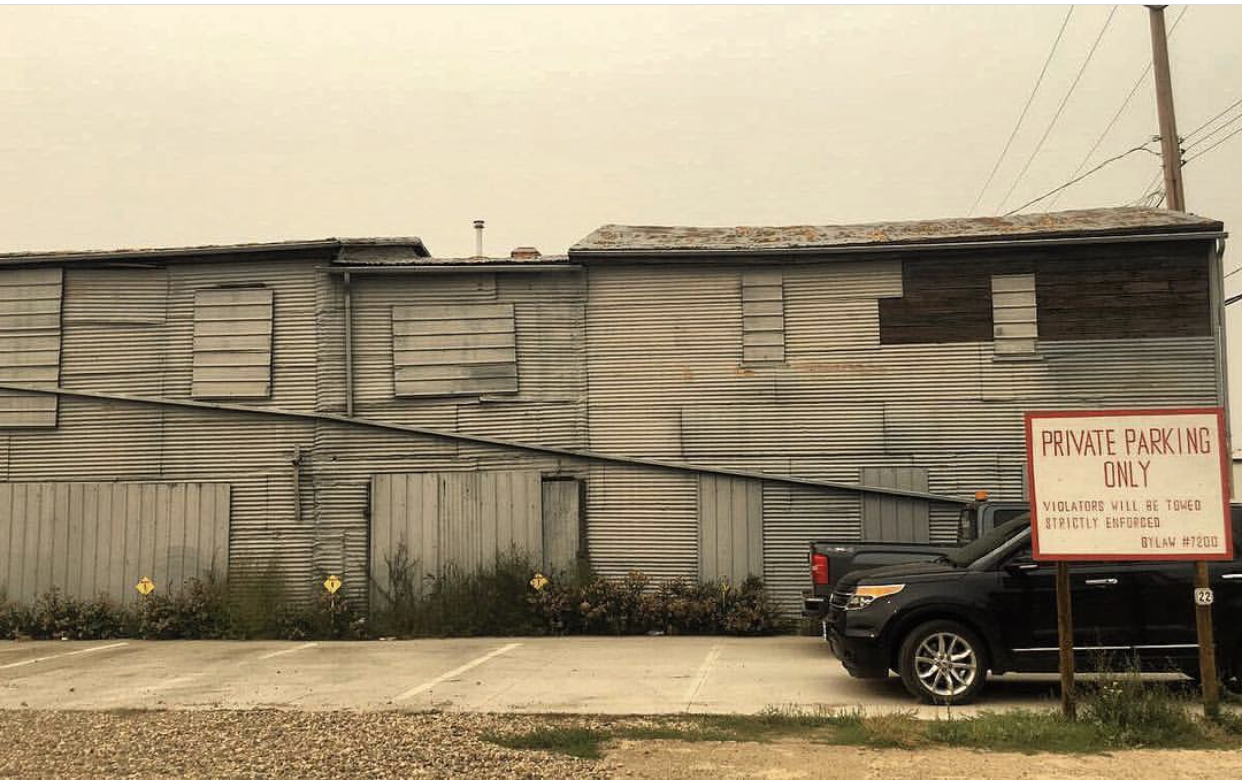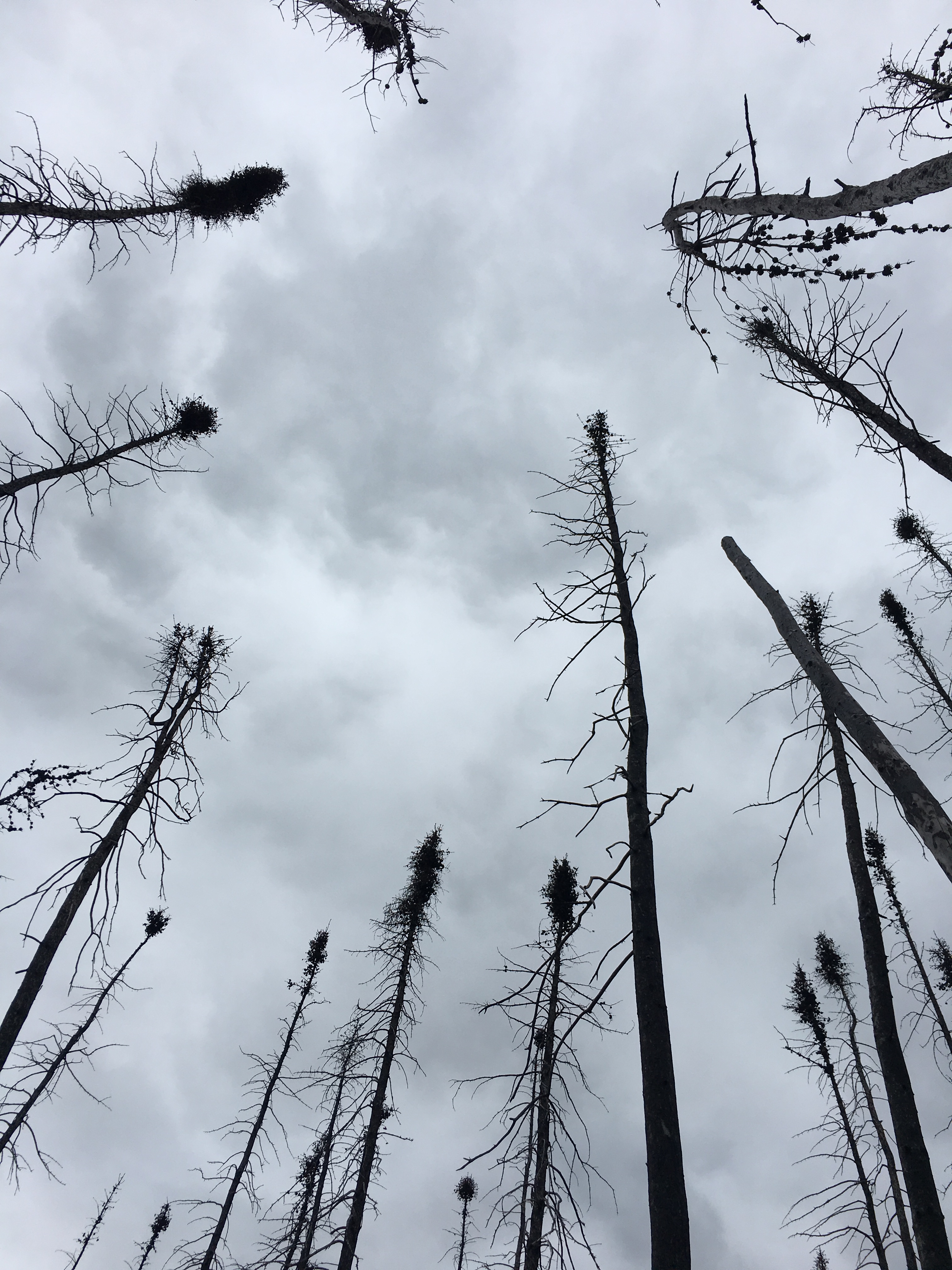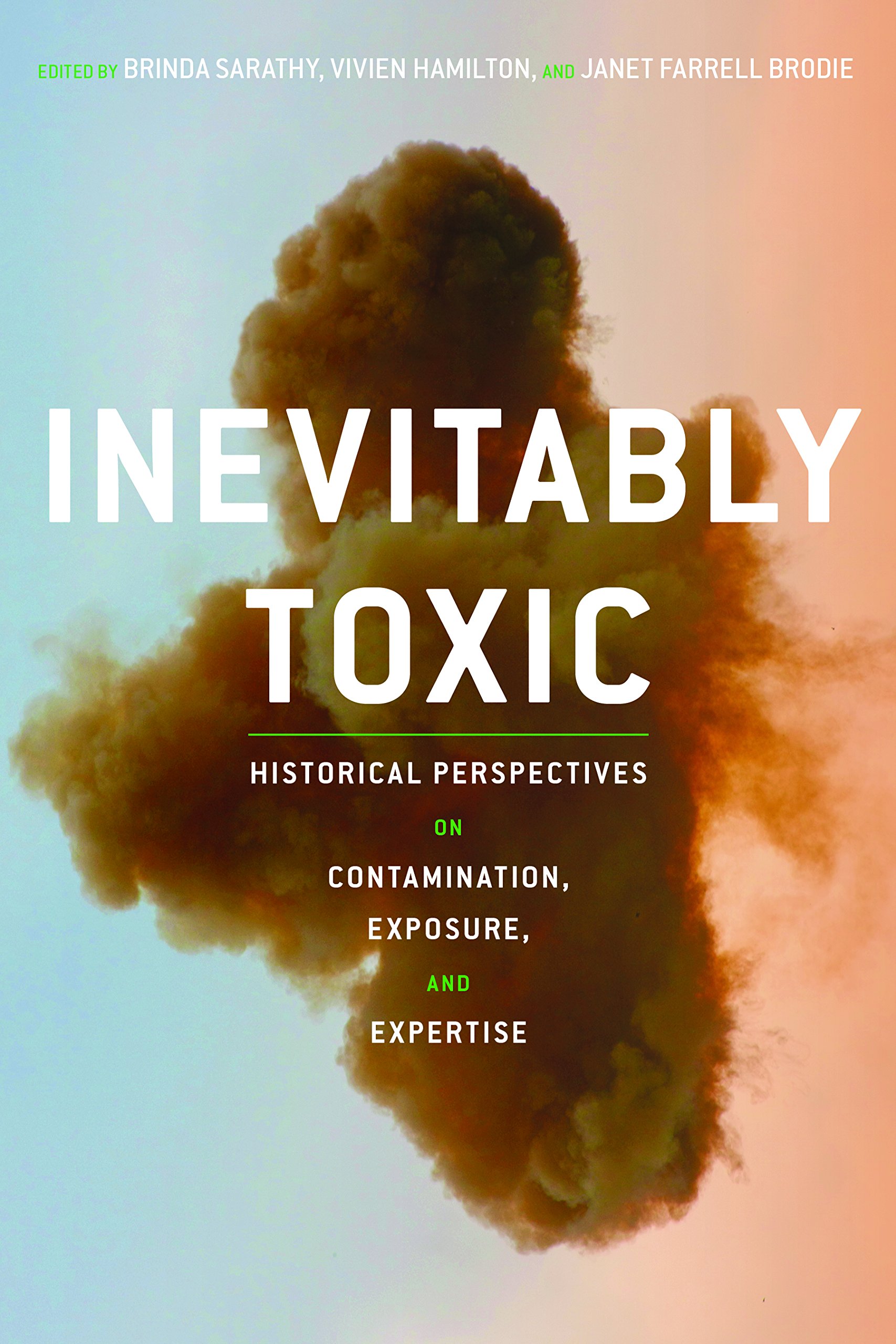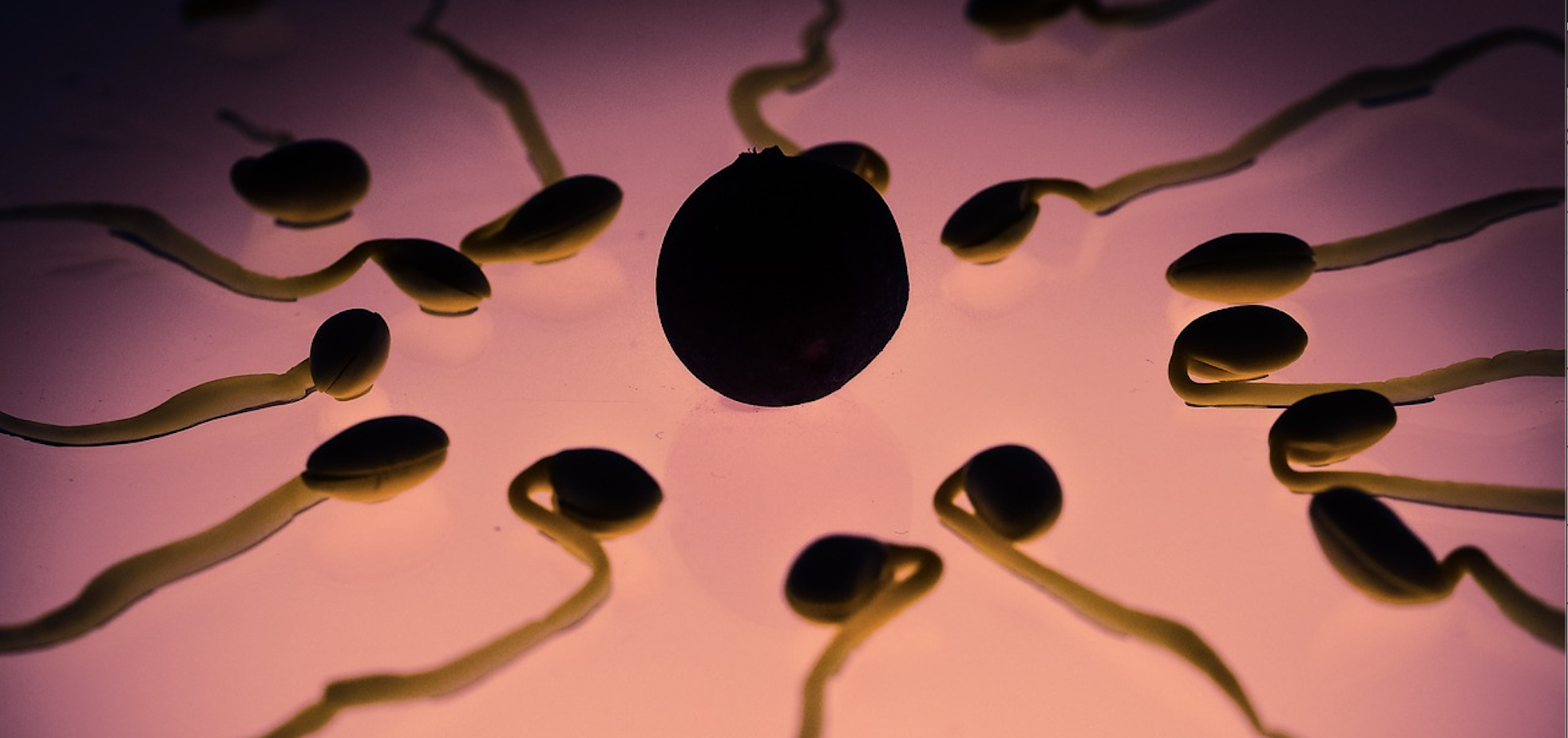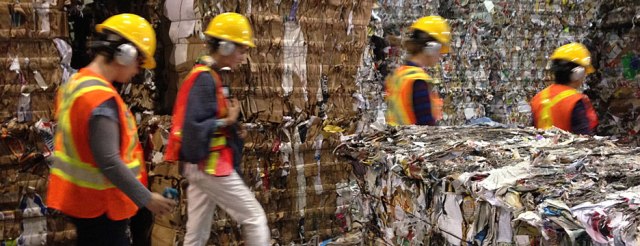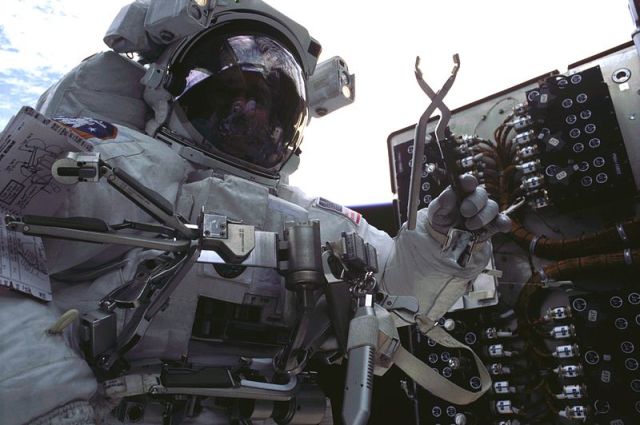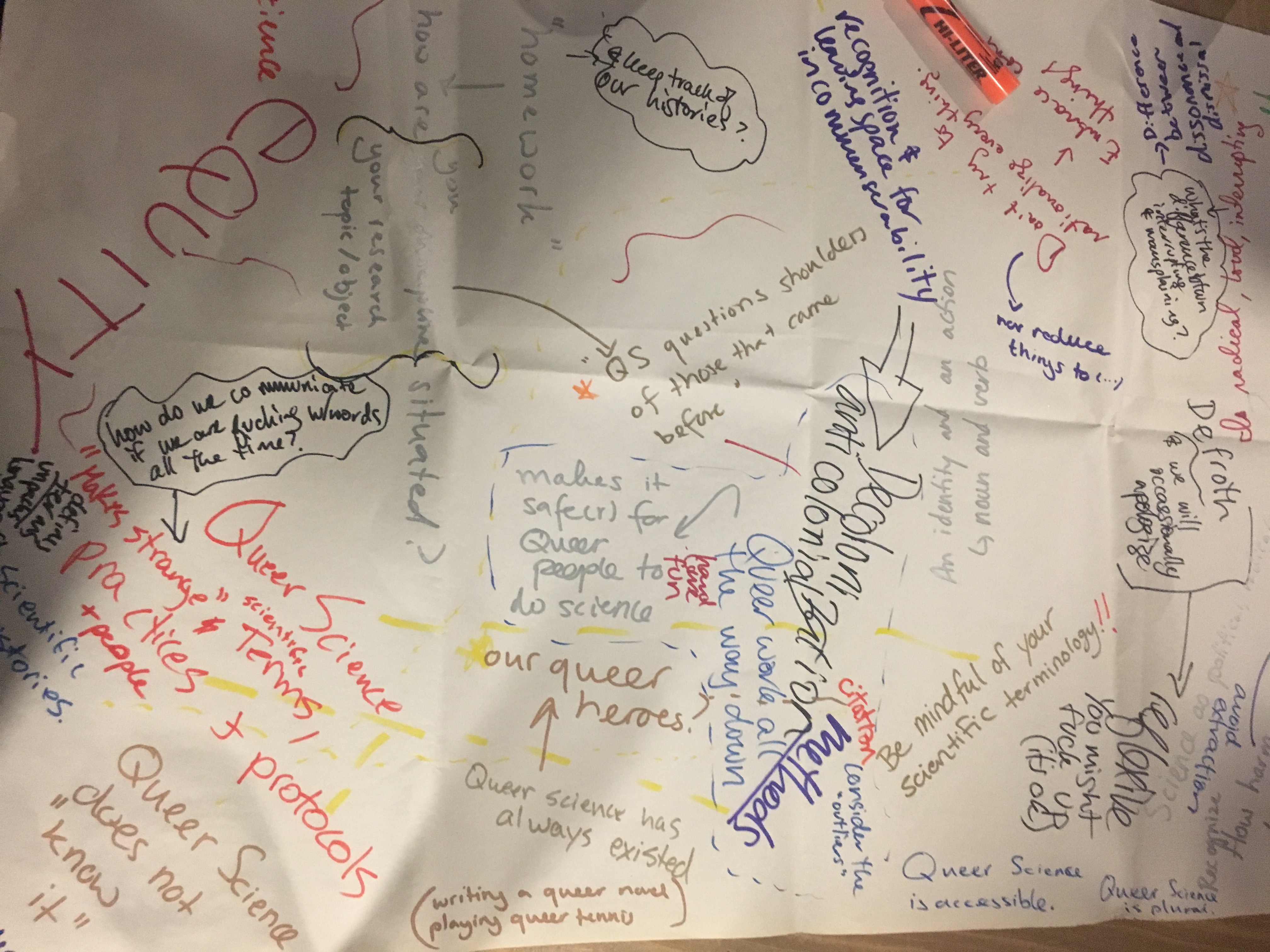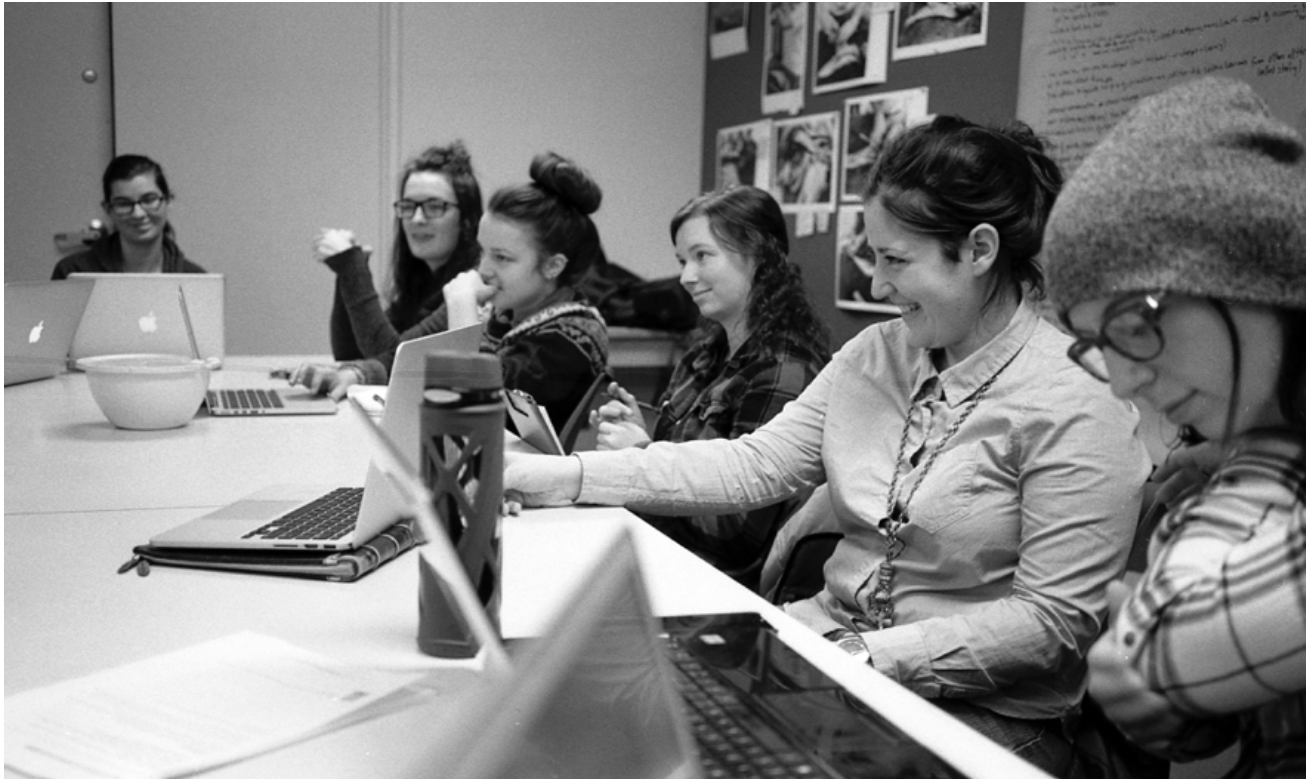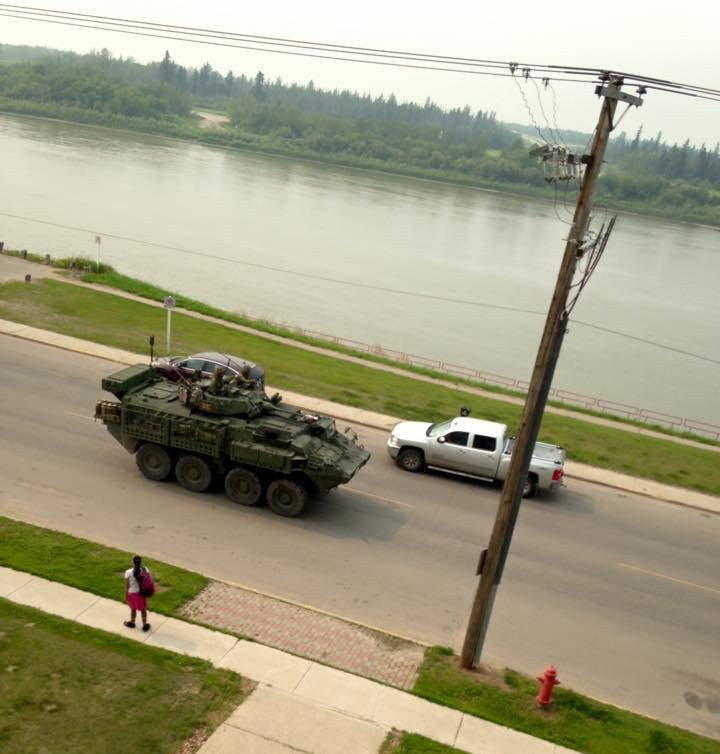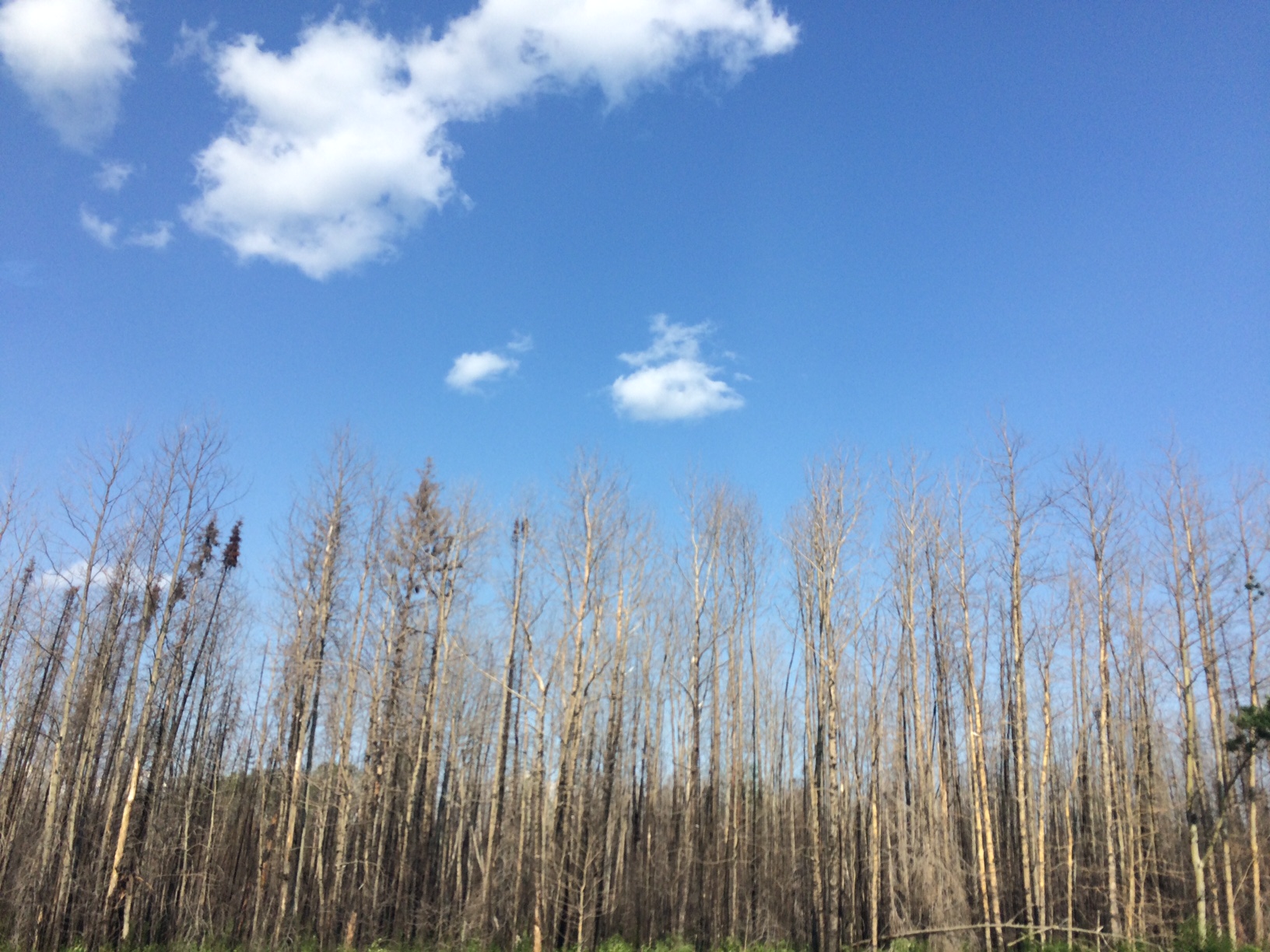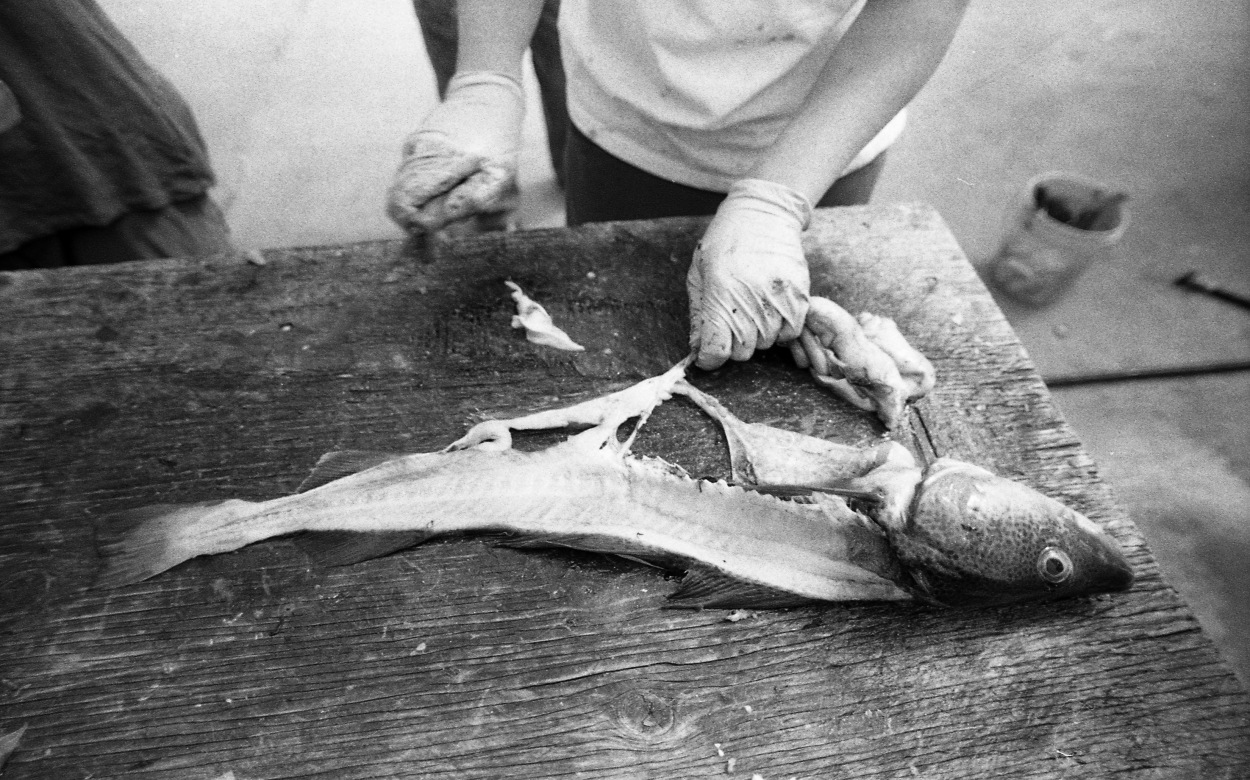One of the key lessons I’ve learned from being a member of CLEAR lab is that methods matter. Methods are ethics. What you do in research– who you talk to, what questions you ask, how you come up with those questions, how you write, what you write, what you hide from writing, who proofs it– impacts both the knowledge you make and the relationships around you. Methods can build good relationships or reproduce bad ones. Sometimes they’ll do both. Indigenous scholars have written about this for a long time.
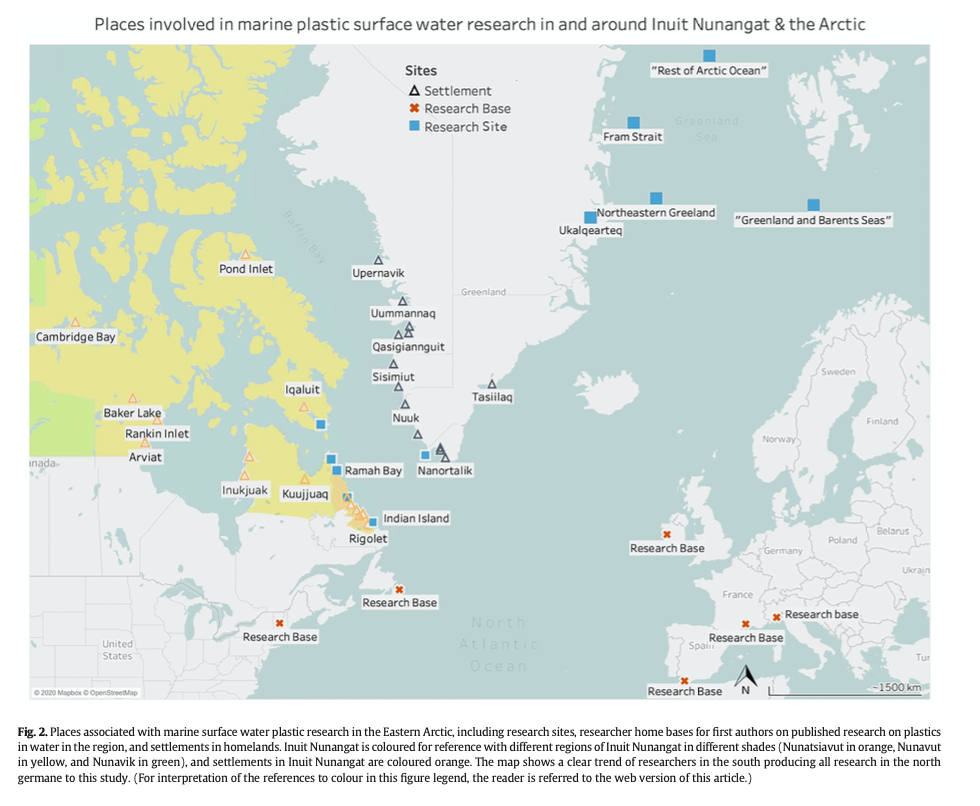
In a recent collaborative publication, CLEAR lab and co-authors provide baseline information on plastic pollution in surface waters in and around Inuit Nunangat. We also focus a lot on methods– our own, and the methods of others doing plastic pollution research in Inuit homelands. Doing so, we provide reflections and strategies for building reconciliation through science. Here’s the abstract:
Plastics are not only an environmental concern but also an issue of justice in the Arctic, particularly in Inuit Nunangat (Inuit homelands), as plastics and other contaminants that originate in the south accumulate in the north and have implications for Inuit sovereignty and wellness. This collaborative study finds an aver- age of 0.018 plastics/m2 in surface waters in two sites in the eastern Arctic (Tasiujarjuaq in Nunavut near Iqaluit and southwest Greenland offshore from Qaqortoq and Narsaq). A comparison with other studies shows this abundance of plastics is lesser than abundances reported further north in the Arctic, but greater than adjacent waters further south. However, within and across study areas at similar latitudes, there does not appear to be a significant difference in plastic abundance. Some characteristics of recovered plastics such as morphology and colour support local origins, while others support long range transport. Research moving forward should consider relative scales in spatial trends of plastic abundance. The discussion concludes by reflecting on the methods and findings in terms of their role in Inuit governance and research relationships, including elements of research personnel, permitting, categorization, measurement, and Abundance and types of plastic pollution in surface waters in the Eastern Arctic (Inuit Nunangat) and the case for reconciliation science reporting findings. Our goal is to provide insights of where we, as scientists, may choose to intentionally move our scientific work towards reconciliation while we produce knowledge about environmental pollution in Inuit Nunangat and the Arctic broadly.
Reconciliation will fall short in a lot of ways– it’s not Landback (Liboiron et al. 2021). Instead, it aims to reconcile dominant scientific practices with the aims and goals of Indigenous nations. Inuit Tapiriit Kanatami, the national Inuit organization of Canada, has provided guidelines to researchers to improve their relationships with Inuit.
The paper’s approach is informing other projects I’m working on, including a literature review on wildfire science and climate change with colleagues at the Prince Albert Grand Council. With a focus on methods, we ask how wildfire science can be changed to build new, better, relationships with First Nations people on their homelands– ones that go beyond reconciliation. What this looks like will transform the methods of wildfire science, changing what it knows, considers, or takes for granted in northern Saskatchewan.
Citation:
Liboiron, Max., Zahara, Alex., Hawkins, Kaitlyn., Crespo, Christina., Neves, Bárbara., Wareham-Hayes, Vonda., Edinger, Evan., Muise, Charlotte., Walzak, Mary Jane., Chidley, Jillian., Mills, Carley., Watwood, Lauren., Arif, Hridisha., Earles, Elise., Pjiogge, Liz., Shirley, Jamal., Jacobs, Jesse., McCarney, Paul., & Charron, Louis. (2021). Abundance and types of plastic pollution in surface waters in the Eastern Arctic (Inuit Nunangat) and the case for reconciliation science’. Science of the Total Environment, 782. DOI: 0.1016/j.scitotenv.2021.146809

